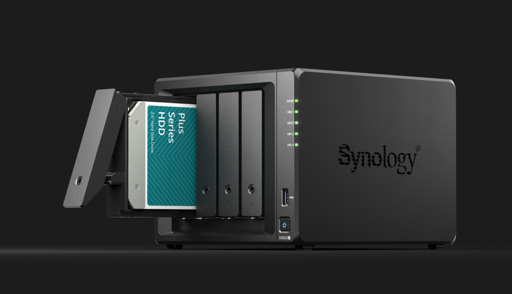Synology’s telegraphed moves toward a contained ecosystem and seemingly vertical integration are certain to rankle some of its biggest fans, who likely enjoy doing their own system building, shopping, and assembly for the perfect amount of storage. “Pro-sumers,” homelab enthusiasts, and those with just a lot of stuff to store at home, or in a small business, previously had a good reason to buy one Synology device every so many years, then stick into them whatever drives they happened to have or acquired at their desired prices. Synology’s stated needs for efficient support of drive arrays may be more defensible at the enterprise level, but as it gets closer to the home level, it suggests a different kind of optimization.



I think the biggest draw to Synology now is the ultra low power consumption. Yeah, you could totally repurpose an old PC, but it’s crazy to run 500W perpetually. The reason they use old Celeron processors is the low power draw. In time, hopefully, RISC V can produce some low cost systems that would slot in well for this use case.
Obviously everything depends on use case. I definitely am a tinkerer and prefer options. I’d never run a jellyfin server off a synology NAS cause… Well cause it can’t transcode very well. So efficiency is less of a concern than processing power.
I get now that my questions was a bit moot, obviously some people will pay a premium for a narrow use case if it brings reliability and ease of use.